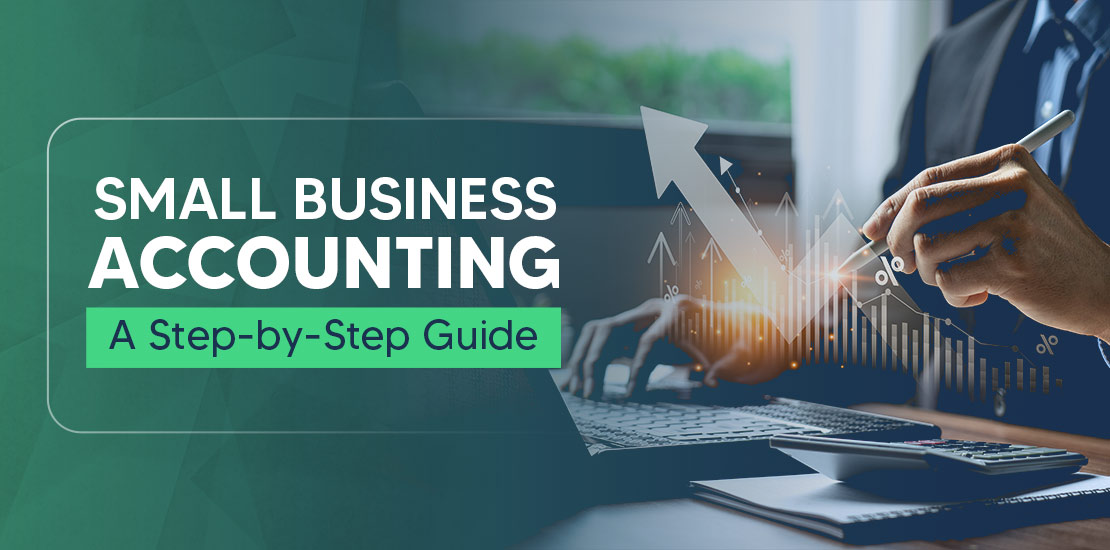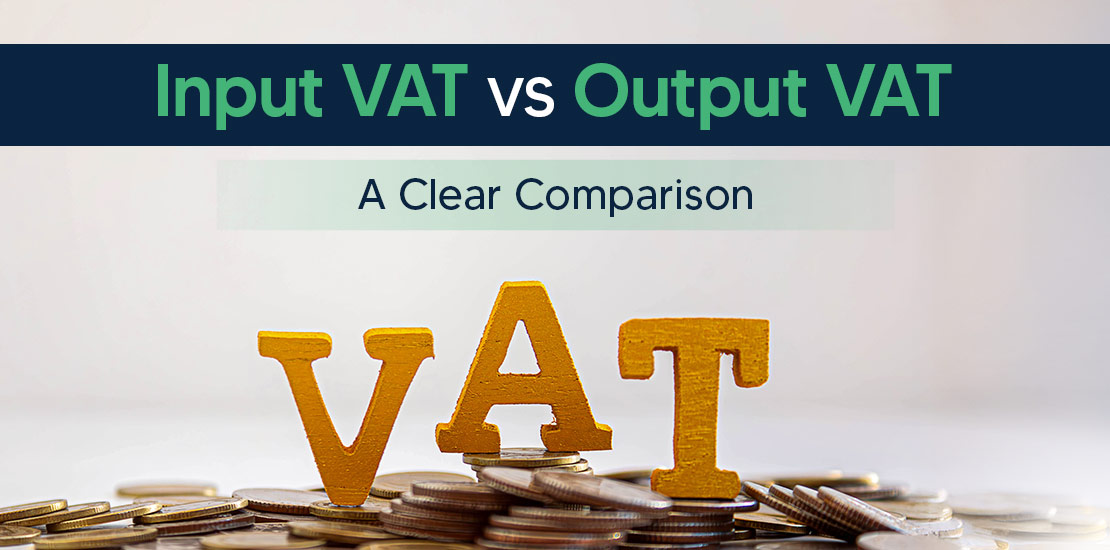Table of Contents
- Setting Up Accounting for Small Businesses
- Basic Bookkeeping for Small Businesses
- Financial Statements for Small Businesses
- Tax Considerations for Small Businesses
- Software and Tools for Small Business Accounting
- Outsourcing Accounting Services
- Best Practices for Small Business Accounting
- Mastering Small Business Accounting for Financial Success
Accounting for small businesses is an essential aspect of running a successful venture. It helps track expenses, manage income, ensure compliance with tax regulations, and lay a strong foundation for sustainable growth. Establishing an efficient accounting system is critical for entrepreneurs, particularly those managing new businesses.
This guide will explore the essential steps and practices to effectively implement accounting for small businesses and accounting for new businesses alike.
Setting Up Accounting for Small Businesses
A reliable accounting system begins with thorough planning and organization. Here’s how to establish accounting for small businesses and new businesses:
1. Open a Small Business Bank Account
Separating personal and business finances is a crucial first step. A dedicated business bank account simplifies tax filings and provides clarity in tracking business expenses. To open such an account, you typically need:
- Employer Identification Number (EIN) or Social Security Number (for sole proprietors).
- Business formation documents that outline your company’s structure.
- Ownership agreements, if applicable.
- Business license, depending on your industry and jurisdiction.
This practice is foundational for accounting for small businesses, as it ensures accurate financial tracking and prevents the mingling of personal and business funds, which can complicate bookkeeping and tax compliance.
2. Choose an Accounting Method
Your accounting method defines how you record income and expenses. The two primary methods are:
- Cash Method: Income is recorded upon receipt, and expenses are recorded upon payment. This method is simple and widely used by small businesses.
- Accrual Method: Income is reported when earned, and expenses are recorded when incurred, regardless of payment timing. This method provides a more comprehensive view of your financial health and is often adopted as businesses grow.
Choosing the right accounting method is crucial for new businesses, as it affects financial reporting and tax preparation.
3. Set Up a Chart of Accounts
A chart of accounts categorises all financial transactions, making tracking and analysing your business’s financial performance easier. Common categories include:
- Assets (e.g., cash, inventory, equipment)
- Liabilities (e.g., loans, accounts payable)
- Equity
- Revenue
- Expenses (e.g., marketing, utilities, payroll)
Organising your accounts systematically is a vital aspect of accounting for small businesses and new businesses, ensuring accurate and actionable insights.
4. Determine Your Fiscal Year
A fiscal year refers to 12 months designated for accounting purposes. While many businesses align their fiscal year with the calendar year, you may choose a different period that reflects your industry’s operational cycle, such as your peak sales season.
This decision is particularly relevant when setting up accounting for new businesses, as it can optimise financial planning and reporting.
Basic Bookkeeping for Small Businesses
Bookkeeping is the foundation of accounting for small businesses. Key practices include:
- Tracking business expenses: Record all expenditures, such as rent, utilities, office supplies, and marketing costs.
- Recording transactions accurately: Log every transaction promptly and correctly to avoid discrepancies.
- Documenting receipts: Organize receipts for tax deductions and audits.
- Reconciling bank statements: Regularly compare your records with bank statements to ensure consistency.
Investing in accounting software can automate these tasks and reduce manual errors, making it an invaluable tool for accounting for new businesses.
Financial Statements for Small Businesses
Financial statements offer a clear overview of your business’s financial health. The three key financial statements are:
Income Statement
The income statement (profit and loss) summarises your revenue, expenses, gains, and losses over a specific period. It calculates your net profit or loss, providing insights into your business’s profitability.
Balance Sheet
The balance sheet provides a snapshot of your business’s financial standing at a given moment, detailing your assets, liabilities, and equity. This helps you assess the overall value of your company and its financial health.
Cash Flow Statement
The cash flow statement tracks cash inflows and outflows, highlighting your ability to cover expenses and invest in growth. This statement is significant for accounting for small businesses, as it ensures liquidity management.
Using accounting software simplifies the preparation of these statements, especially for new businesses aiming to establish a strong financial framework.
Tax Considerations for Small Businesses
Tax compliance is a critical component of accounting for small businesses. Depending on your business structure, you may be required to pay:
- Self-employment tax
- Excise tax
- Income tax
- Employer tax
- Estimated tax
Small business owners can also claim deductions for expenses such as:
- Home office expenses
- Business meals
- Insurance
- Rent and utilities
- Travel
- Employee benefits
- Inventory purchases
Maintaining meticulous records ensures accurate tax filings and prepares your business for audits. For accounting for new businesses, understanding tax obligations from the outset can prevent costly mistakes.
Software and Tools for Small Business Accounting
Using accounting software streamlines bookkeeping and financial management. Popular options like QuickBooks and FreshBooks provide features such as:
- Payroll integration
- Inventory management
- Financial forecasting
- Invoice tracking
Selecting software that meets your business’s needs and budget is essential for accounting for small and new businesses. Look for solutions that integrate with your bank accounts and simplify compliance.
Outsourcing Accounting Services
While many small business owners manage accounting in-house, outsourcing to professionals can save time and reduce errors. When hiring an accountant, consider.
- Their experience and qualifications (e.g., CPA certification).
- The range of services they provide (e.g., tax preparation, financial planning).
- Their fee structure and availability.
Outsourcing ensures compliance with tax regulations and provides expert financial insights, making it a valuable option for accounting for new businesses seeking to establish a strong financial system.
Best Practices for Small Business Accounting
To maintain an efficient accounting system, follow these best practices:
- Separate personal and business finances.
- Review financial statements regularly to monitor performance.
- Keep accurate and secure records.
- Seek professional advice when needed.
Document management software can help you organise and back up financial data securely, a best practice for accounting for small and new businesses.
Mastering Small Business Accounting for Financial Success
Practical accounting for small businesses is vital for financial stability and growth. You can confidently manage your business’s finances by implementing a reliable system, using the right tools, and seeking professional assistance when necessary.
For expert guidance on accounting for new businesses or small businesses, Call us at +97144081900 or WhatsApp Us at +971508912062. You can also drop an email at info@shuraatax.com. Start your journey to financial success today!













